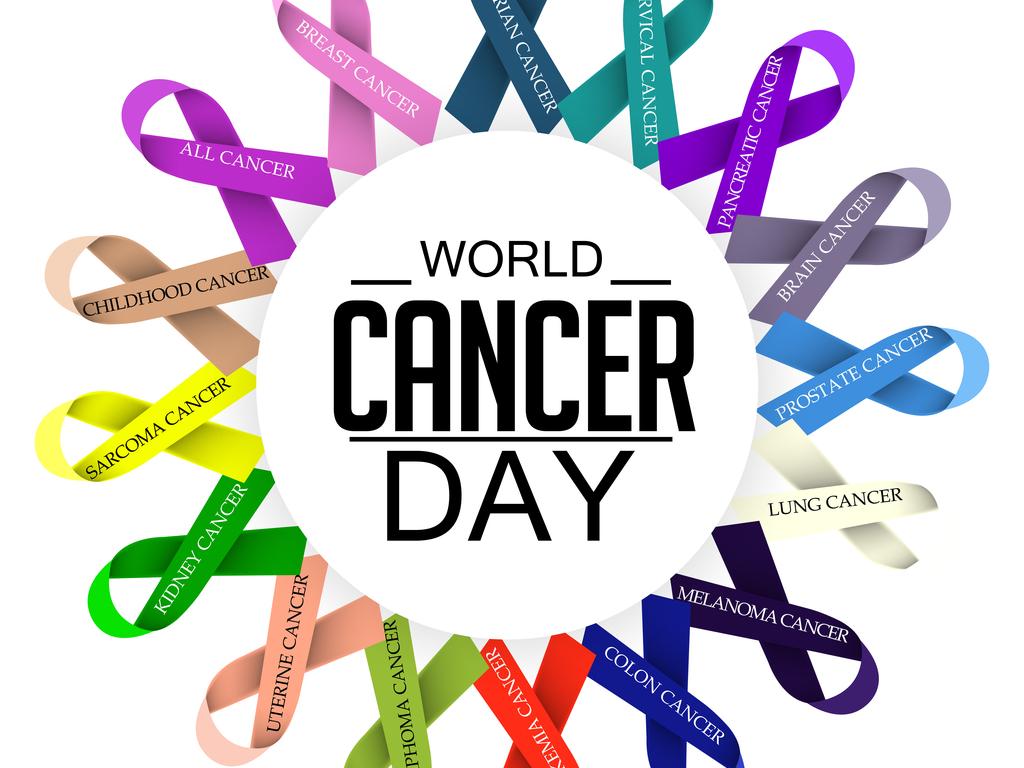Treatment
A team of specialists will meet to discuss the best possible treatment for you. This is called a multidisciplinary team (MDT).
Your doctor will explain the different treatment options and their side effects. They will also talk to you about the things you should consider when making treatment decisions.
The first treatment for breast cancer is often surgery to remove it. Your surgeon will talk to you about having one of these operations:
Breast-conserving surgery - Breast-conserving surgery is when the cancer and some surrounding normal breast tissue is removed.
Mastectomy - A mastectomy is when the whole breast is removed.
You will usually need some, or all, of the lymph nodes in your armpit removed.
You may be asked to decide if they want surgery to make a new breast shape (breast reconstruction) during the operation. Others may decide to have this done later.
We have more information about having an operation for breast cancer. You may also need support when coping with how your breast looks after surgery.
Treatment before surgery
You may have treatment, such as chemotherapy or hormonal therapy, before surgery. This is called neo-adjuvant treatment.
It may be given to shrink a larger cancer. Doctors may give you neo-adjuvant treatment so you can have breast-conserving surgery instead of a mastectomy. Or you have chemotherapy or targeted therapy before surgery. This is sometimes given for certain types of breast cancer or when the cancer is growing more quickly. It is given to reduce the risk of the cancer coming back.
Treatment after surgery
Your cancer doctor will usually offer you one or more of the following treatments after surgery to reduce the risk of breast cancer coming back:
Radiotherapy - Radiotherapy uses high-energy rays. You have it after breast conserving surgery and sometimes after a mastectomy.
Chemotherapy - Chemotherapy uses different drugs to treat breast cancer. You usually have it as an injection into a vein or sometimes as tablets.
Hormonal therapy - Hormonal therapy reduces the amount of oestrogen in the body. It can prevent breast cancer cells from growing in women who have ER positive breast cancer.
Targeted therapy - Targeted therapies interfere with the way cells grow. They can reduce the risk of HER2 breast cancer coming back.
Bisphosphonates - Bisphosphonates are drugs that help to protect the bones against some effects of breast cancer treatments. They can also help reduce the risk of breast cancer spreading to the bones.















































































































